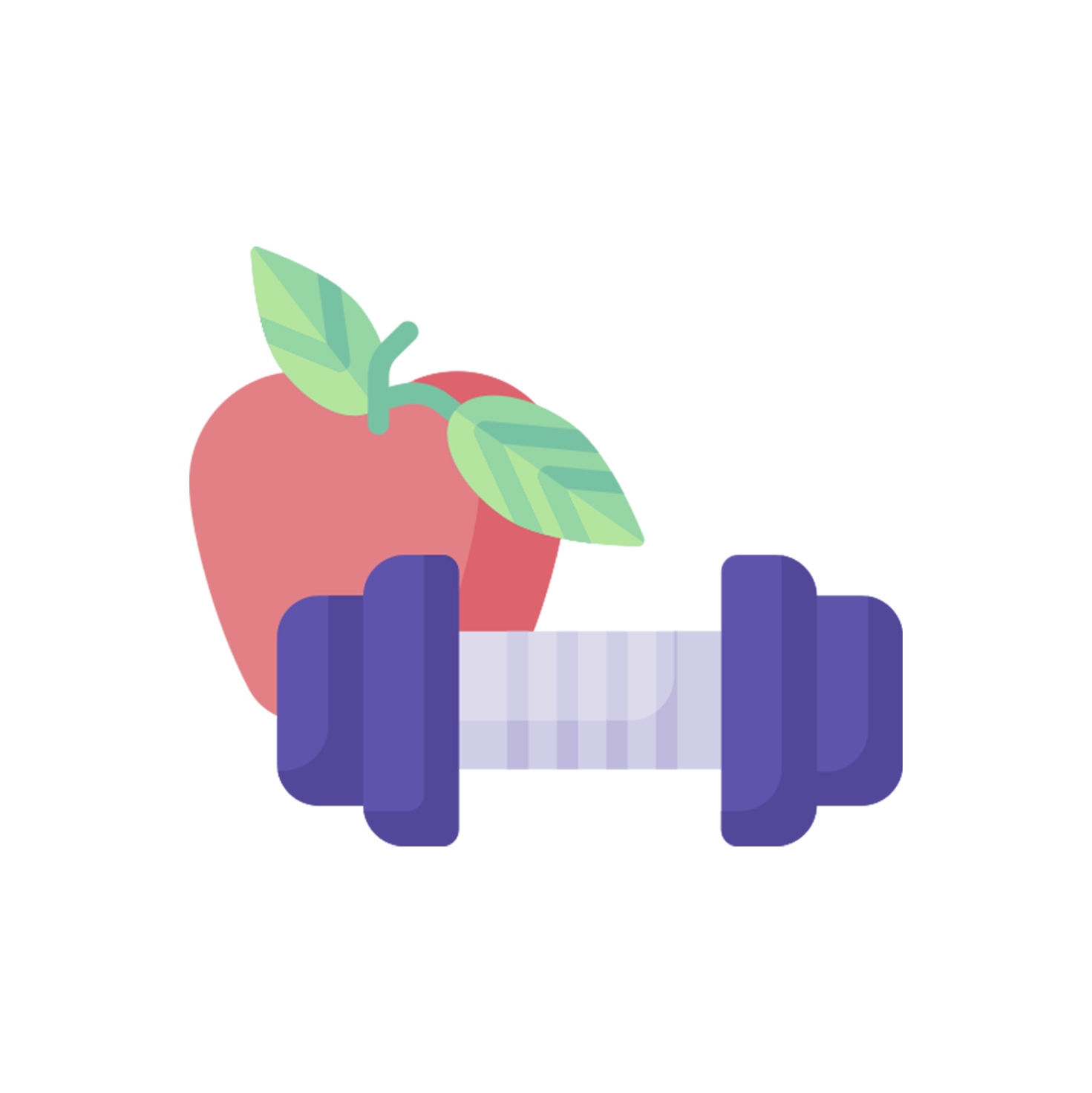Is it true that having soy sauce may leave a scar on your wound? Which food items should you avoid or eat more if you get injured? Which supplement can help you speed up your recovery? In fact, no matter a cut, scratch, scrape, or operation site, you still need to pay attention to your diet in order to prevent inflammation. To debunk your myths, let’s take a look at this Cigna Smart Health article.
3 Foods You Should Avoid To Prevent Wound Inflammation
Traditional Chinese Medicine emphasizes diet and recommends individuals avoid these three categories of foods that evoke inflammation or hinder wound healing.
1. Cooling Foods
Having ‘cool-cold’ foods may deprive your spleen’s and stomach’s functions, causing health problems such as eczema, stomachache, and dizziness. These foods also lower your immunity and decelerate the wound recovery process.
Examples: Sashimi, salad, iced drinks, mung bean, watercress, etc.
2. Foods Inducing ‘Endogenous Wind’
Foods Inducing ‘endogenous wind’ lure or aggravate sores and skin ulcers, deteriorating your wound. Individuals with eczema or sensitive skin should avoid the food items below.
Examples: Shrimp, crab, shellfish, goose, bamboo shoots, mushrooms, etc.
3. Warming foods
Most of the foods Inducing ‘heat’ are spicy and oily, which introduces ‘heat’ diseases and increases the risk of inflammation in your wound.
Examples: Ginger, scallion, garlic, pepper, leek, onion, alcohol, mutton, fried food, etc.
6 Nutrients to Improve Wound Healing
In general, maintaining a balanced diet with sufficient nutrient intake can help wound healing. However, individuals with low cell regeneration ability, such as the elderly and those with protein deficiency, may have problems in recovery. If you have one of these conditions, your doctor may suggest the six nutrients below that foster wound healing.
1. Vitamin A
Vitamin A increases the number of white blood cells, stimulating collagen synthesis and therefore speeding up the healing. Vitamin A is commonly found in animal organs, milk, cheese, and eggs. Besides, vegetables, such as carrots, broccoli, and kale, are rich in beta-carotene, which can be transformed to vitamin A.
2. Vitamin C
Adequate vitamin C intake can not only help strengthen the healing wound, but also reduce your risk of inflammation and infection. According to the National Institutes of Health of the United States, every adult male and female should absorb 90mg and 75mg of vitamin C every day, respectively. Fruits and vegetables are the best sources of vitamin C, such as kiwi, guava, bell pepper, broccoli, and kale.
3. Protein
Protein is essential for the maintenance and repair of body tissue. Low protein levels will cause a decrease in collagen development, slowing the wound healing process and even leading to inflammation. Therefore, you should have more protein intake during the recovery. Sources of protein include red and white meats, fish, eggs, liver, dairy products (milk, cheese, and yogurt), soybeans, legumes, nuts, and seeds.
4. Iron
Iron is a mineral that provides oxygen to the site of the wound; therefore, iron (hemoglobin) deficiency can impair healing. Iron deficiency can also result in impaired collagen production and strength of the wound. According to the National Institutes of Health of the United States, the daily intake of iron for men and women is 19.3 - 20.5mg and 17.0 - 18.9mg, respectively. The best sources of iron in the diet are red meat, offal, fish, eggs, wholemeal bread, dark green leafy vegetables, dried fruits, nuts, and yeast extracts.
5. Magnesium
Magnesium is a mineral that plays a wide range of roles in the body. It helps activate certain enzymes that are important for the repair of injured tissues. It also relieves inflammation and promotes faster regeneration of wounded tissues. Good sources of magnesium include chia seeds, pumpkin seeds, almonds, cashews, and bananas.
6. Zinc
Zinc is a trace element found in small amounts in the body, which plays a role in wound healing. It is involved in protein and collagen synthesis and in tissue growth and healing. Zinc deficiency has been associated with delayed wound healing, reduced skin cell production, and reduced wound strength. Dietary zinc sources include red meat, fish and shellfish, milk products, poultry, and eggs.
Apart from the diet, having a regular lifestyle and getting enough sleep also help wound healing. If your wound does not heal or heals slowly, you may have inflammation or ulcer. Once observed, you should seek medical advice as soon as possible to prevent infection and even septicemia, which can cause lethal acute illnesses. In mild cases, your doctor may prescribe antibiotics to control the condition.
Source
© Cigna Healthcare 2023
Information provided in this article is intended for health and fitness purposes only and is not intended for use in the diagnosis of disease or other conditions, or in the cure, mitigation, treatment or prevention of disease (see Terms & Conditions for details). Any health-related information found in this article is available only for your interest and should not be treated as medical advice. Users should seek any medical advice from a physician, especially before self-diagnosing any ailment or embarking on any new lifestyle or exercise regime. Any information contained in this article may not be suitable, accurate, complete or reliable. Cigna Healthcare accepts no responsibility for the content or accuracy of information contained on external websites or resources, or for the security and safety of using them. "Cigna Healthcare" and the "Tree of Life" logo are registered trademarks of Cigna Intellectual Property, Inc. in the United States and elsewhere, licensed for use. All products and services are provided by or through operating subsidiaries, and not by The Cigna Group.



